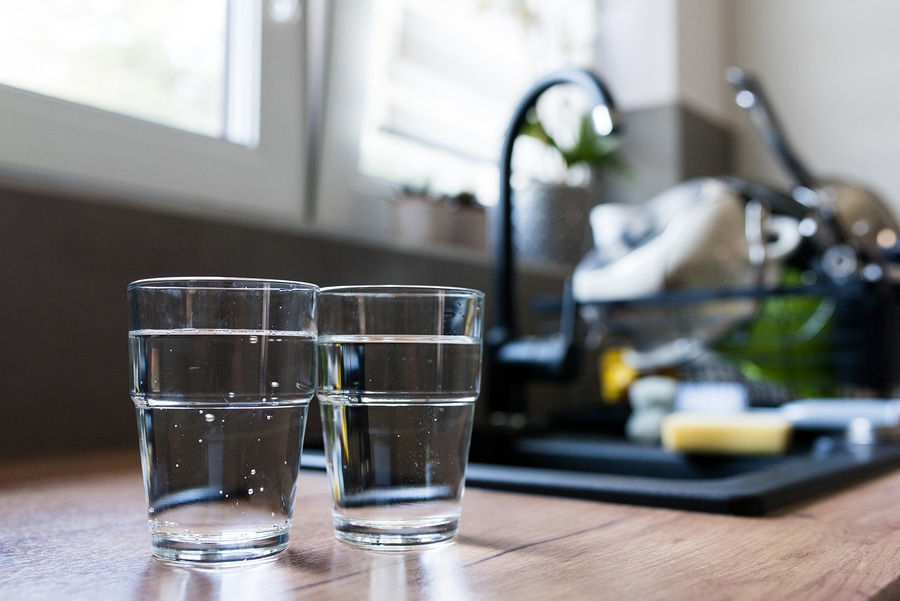Knowing how much water to drink daily can be a puzzle. We’ll break it down for you.
We are 60 percent water! This fact may surprise some, but it also goes to show how important water is to our survival and well-being. Staying hydrated is vital because our body continually loses water through urination and sweat.
So how much water should we drink daily to keep the balance and keep our bodies hydrated?
The 8 to 10 Cups A Day Rule
Most experts recommend 8 cups of water and 10 cups of water a day for the average healthy man and woman, respectively.
This amount, they say, helps to regulate body temperature and blood pressure, while adequately assisting the body in transporting nutrients via the circulatory system, and getting rid of waste products.
Water also enhances digestion and prevents constipation, while lubricating and cushioning joints. Crucially, no chemical processes in the body can take place without water.
A lack of adequate water in the body leads to dehydration. The pointers of dehydration include dizziness, disorientation, weakness, dark-colored urine, and low blood pressure.
Apart from preventing dehydration, research shows that drinking enough water significantly aids in weight management, skin conditioning, urinary tract health, and preventing brain fog.
Is Everyone’s Water Intake Identical?
Nutritionists and medical experts discourage the generalization of water intake because each person’s circumstances are unique. Water intake could vary based on health, weight, age, and a host of other factors.
Let’s take a look at some water intake recommendations:
- An average of 8 – 10 cups of water per day is suitable for a healthy person who is free of illness and engages in light physical activity daily
- Experts recommend drinking water before working out, during the workout, and importantly after the workout. Sweating during workouts leads to loss of water, and added water intake replenishes this loss. Drinking up to 15 cups of water after an extended work out is ideal.
- You’ll most definitely drink more water in the summer than in the cooler fall or winter seasons
- Pregnant and breastfeeding mums are advised to drink up to 11 cups of water per day to aid in breast milk production.
- Sick people are encouraged to drink more than the recommended eight glasses of water per day to keep urinary tract and bladder infections at bay. Vomiting and diarrhea also dehydrate the body and drinking more water replenishes lost water.
- Never give water to babies under six months as it could lead to water intoxication and interfere with the body’s ability to absorb nutrients.
What’s The Correlation Between Body Mass Index And Water Intake?
Water intake can also vary depending on how much you weigh, and how much you weigh determines your BMI or Body Mass Index. To calculate the amount of water you need based on your BMI:
- Note your weight in pounds and divide that figure by 2.2
- Multiply that figure depending on your age. If you’re younger than 30, multiply by 40; if you’re between 30 and 55, multiply by 35; and if you’re older than 55, multiply by 30.
- Divide the final sum by 28.3.
- This last figure represents how many ounces of water you should drink daily.
- Divide that number by 8 to see how many cups of water that represents.
You should strive to achieve a healthy intake of water daily, whatever the circumstances. Water is the best fluid to keep you hydrated because it is free from calories. Sugared drinks are no substitute for water. They may lead to weight gain and increase the chance of diseases like diabetes. However, if drinking water seems cumbersome, consider water-rich foods like watermelon, pineapples, and oranges to supplement your daily water intake.
Stay hydrated!

